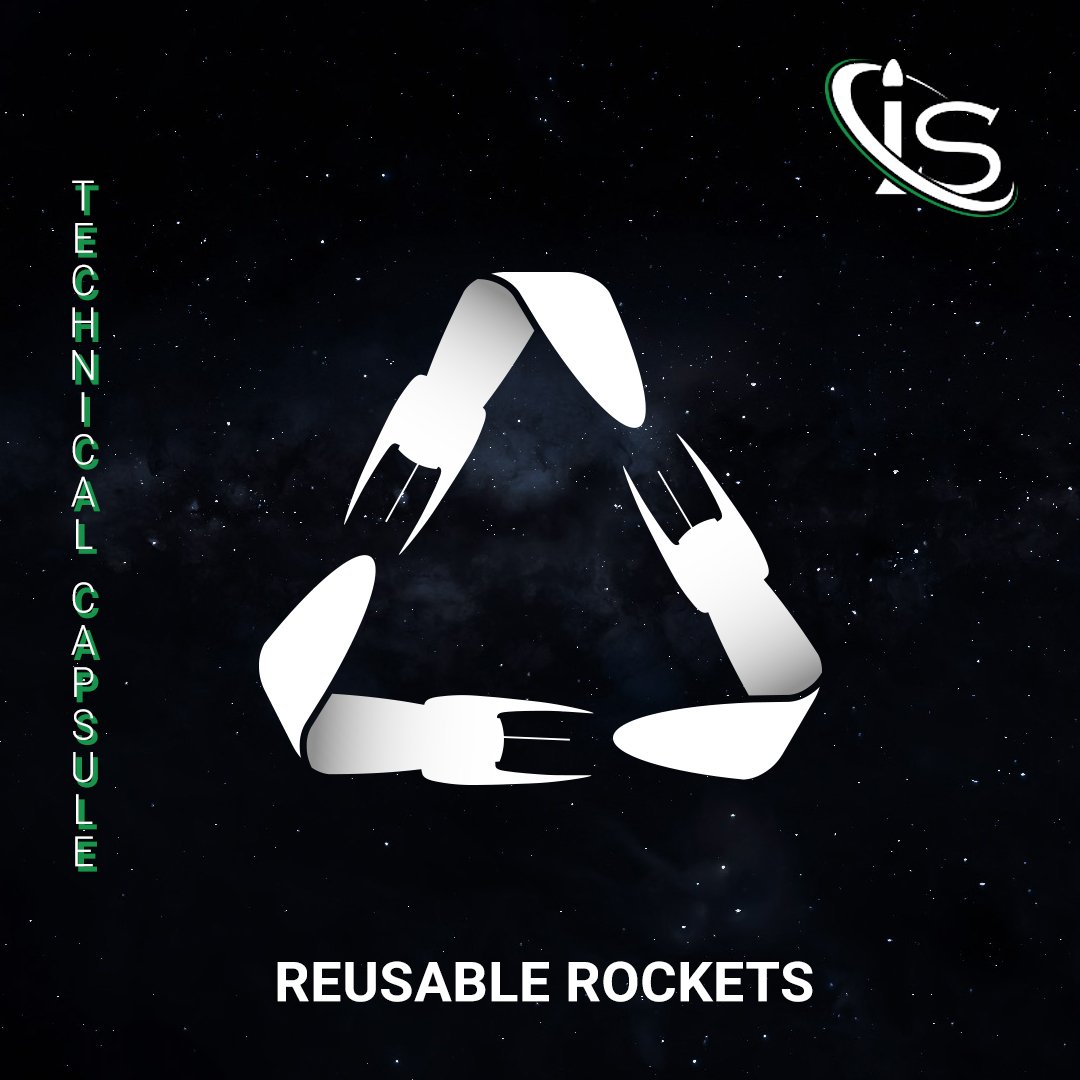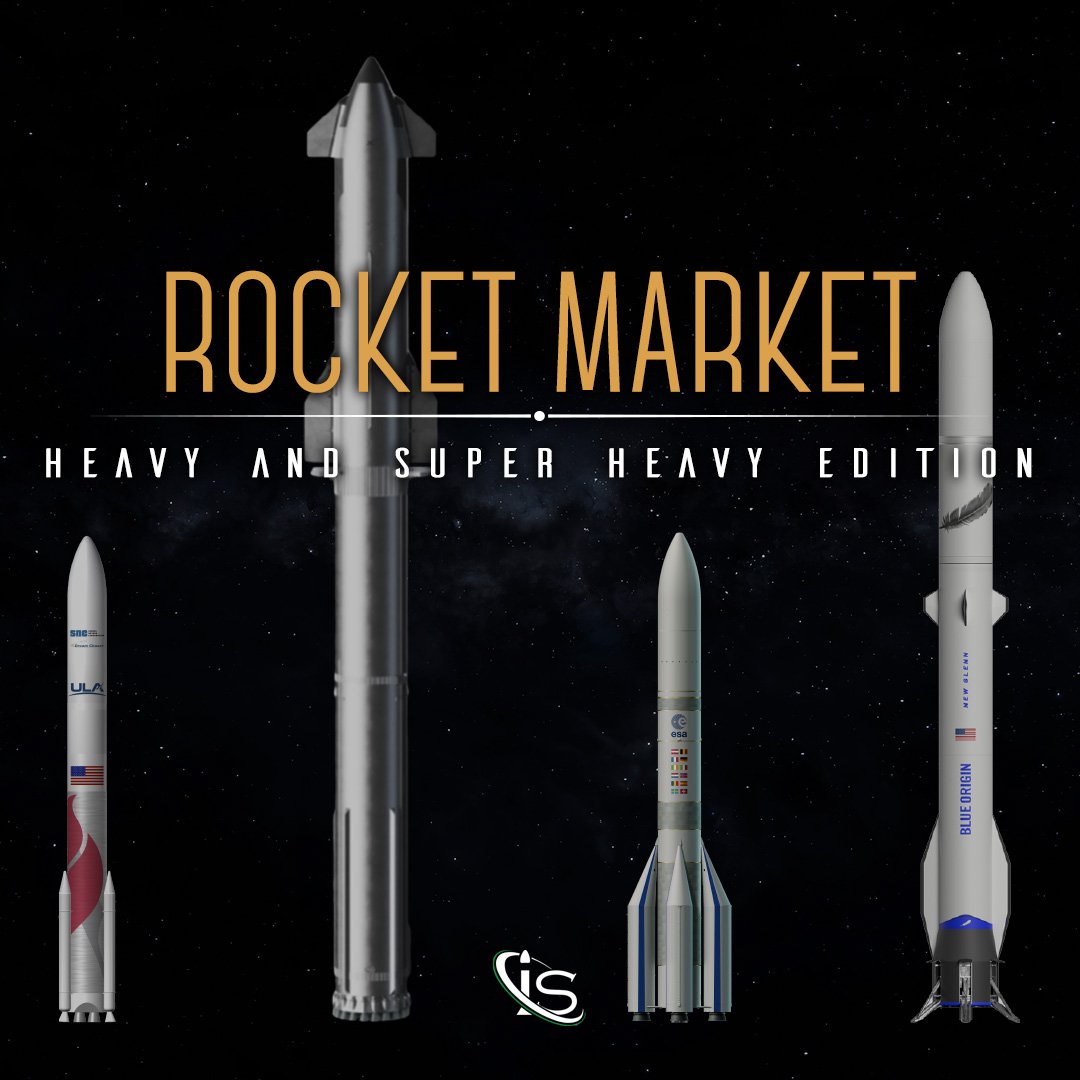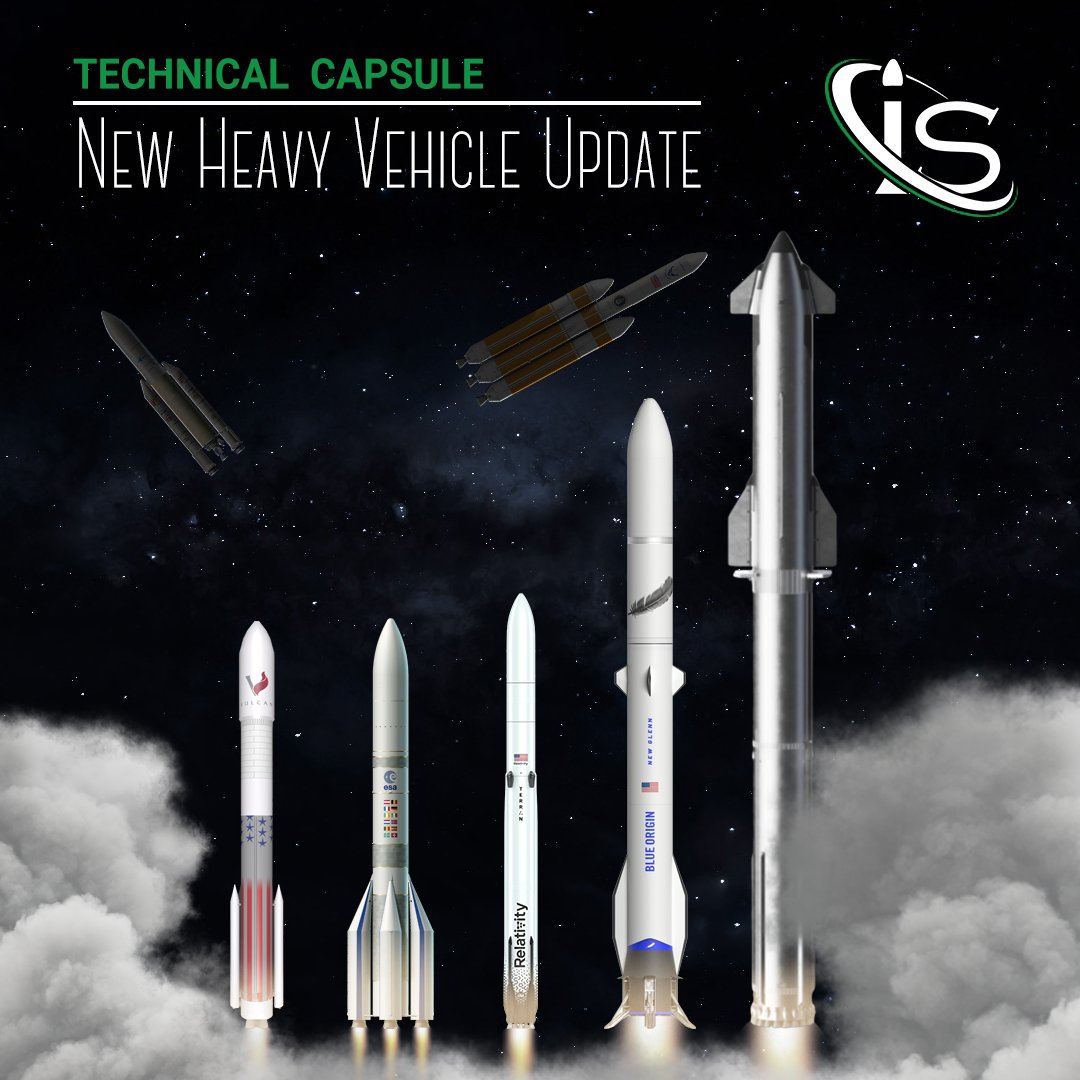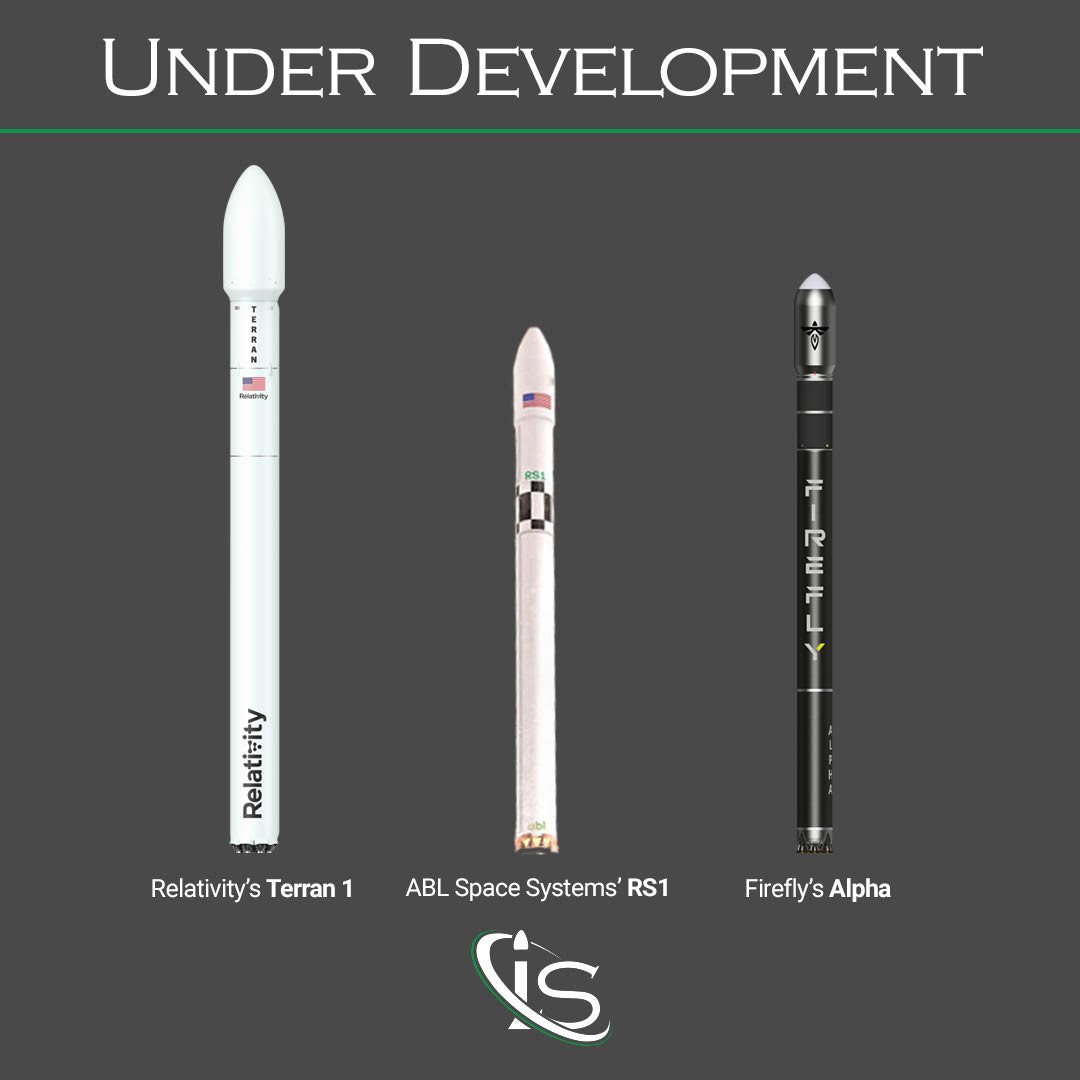In recent years, Europe has faced significant challenges in maintaining independent access to space. The evolving geopolitical landscape has impacted international launch collaborations. For instance, the resulting suspension of Soyuz launches has removed one of ESA’s previously reliable options. This has contributed to increased use of launch providers outside of Europe, most notably SpaceX, for important missions such as the deployment of Galileo navigation satellites and the EarthCARE climate mission. A clear indication of Europe’s lack of autonomous access to space.
And that is where the European Space Agency comes in. With the launch of the European Launcher Challenge (ELC), the ESA is taking action by offering the continent a bold opportunity to reclaim autonomy and competitiveness in the race to global space access.
Strategic Autonomy: A Geopolitical Imperative
Strategic autonomy is no longer a “nice bonus” for Europe, it is essential. The disruption of launch services due to international conflict made one thing clear: without its own launch systems, Europe’s security and space infrastructure are at risk.
ESA’s ELC aims to change that. The initiative is looking to support launch providers capable of delivering payloads to orbit by the end of 2027, with plans to scale up launch services through 2030. Let’s take a look at how this is already impacting both established and new players in the European space landscape.
Emerging and Existing Players in the European Launch Market
Thanks to the European Launcher Challenge the field is being opened for a broad spectrum of participants, from established aerospace leaders to a new wave of entrepreneurial startups. This dynamic mix is shaping a more competitive and resilient launch ecosystem across the continent.
On the side of long-standing players in the space industry, companies like ArianeGroup and Avio continue to play central roles. ArianeGroup, known for developing and operating the iconic Ariane 5 and its successor Ariane 6, remains a pillar of European launch capability. Similarly, AVIO, who is the prime contractor and launch operator for the Vega and Vega C rockets and has recently gained the ability to autonomously commercialize Vega launchers, brings decades of experience in small to medium-lift missions and remains deeply integrated into ESA’s institutional launch framework.
Meanwhile, a new generation of companies is emerging to meet the evolving demands of the space market. The Spanish PLD Space is advancing the Miura 5 launcher, targeting rapid, reliable access to orbit. German startup HyImpulse Technologies is pioneering hybrid propulsion systems to offer cost-effective and flexible launch services. France is also seeing significant activity with MaiaSpace, an ambitious firm developing small satellite launch solutions, and The Exploration Company, which is focused on creating reusable space transportation systems.
On the rocket manufacturing side, we have companies like Germany’s Rocket Factory Augsburg, France’s Latitude and Maiaspace, and UK-based Orbex and Skyrora. The first is showing great promise with its RFA One rocket, a launch vehicle designed to deliver small payloads to orbit with a high cadence and efficiency, with both dedicated and rideshare configurations available.
Latitude, meanwhile, is also in the midst of developing a new rocket, Zephyr, a small-lift launch vehicle that will be optimized for dedicated satellite launches. Staying in France, Maiaspace, a subsidiary of ArianeGroup, is developing a reusable mini-launcher, the Maia rocket, with commercial operations slated to commence in 2026. The two-stage vehicle, powered by the Prometheus engine, which is fueled by bio-methane and liquid oxygen, offers a reusable first stage capable of landing on a barge.
On the UK side, Orbex has its Orbex Prime rocket, a small and agile launch vehicle, which has been designed to be reusable. Skyrora, on the other hand, is producing the Skyrora XL rocket, which will be focused on placing rockets into both SSO and Polar Orbits.
All these new vehicles represent promising additions to Europe’s growing roster of launch capabilities, showing the kind of scalable, agile solutions the continent needs to ensure independent access to space.
Finally, there is also Germany’s ISAR Aerospace, which has already seen the debut test flight for its rocket, Spectrum earlier this year. A significant event both for the testing of a new launch vehicle and the use of a new launch site, the first on continental European soil, Andøya. And something that showcases one of the main goals of the ELC, as described by ESA’s Director General Josef Aschbacher. “[ELC] will, of course, prepare the ground for the smaller launchers, microlaunchers, and minilaunchers, to become part of this Challenge. And we do sincerely hope to see some of the first of these new launches being launched very soon,”
For our part, we at Impulso strongly support the drive toward European autonomy in space. We believe that building a robust, independent launch sector is critical not just for strategic resilience, but also for strengthening the wider space economy in the continent.
“Strategic autonomy in space isn’t just about rockets, it is about readiness. Our mission at Impulso is to ensure that Europe, too, has the ground infrastructure and operational support needed to launch with confidence, resilience, and independence” – Pietro Guerrieri, CEO at Impulso.Space.
Our team is committed to enabling launch operators, satellite providers, and mission integrators by providing a streamlined end-to-end solution with the ground segments and logistics needed to make European space autonomy a reality.
Innovation and Economic Growth: A Powerful Secondary Benefit
While the need for autonomy is clear, there is also a broader economic opportunity. Supporting domestic launchers can spark growth in high-tech sectors, generate jobs, and reduce the “brain drain” that many European countries continue to experience. ESA’s own figures show that every €1 invested in the agency generates up to €4 for the broader European economy.
The ELC encourages collaboration between established companies and emerging players, creating fertile ground for new ideas, new careers, and a more competitive marketplace.
Looking Ahead
The European Launcher Challenge is not just a funding call. It is a full strategic shift. It signals Europe’s intention to take its future in space into its own hands, to compete globally on its own terms, and to turn its space sector into a cornerstone of the industry.
At Impulso, we are proud to play a part in that future.
We believe that achieving true autonomy in space requires more than launchers alone. It demands a robust, integrated support infrastructure that ensures every mission gets off the ground smoothly, safely, and efficiently. That is why we have developed an end-to-end turnkey solution to simplify and streamline the entire launch preparation process for European operators.
Leveraging our state-of-the-art facility, we provide satellite preparation services including fueling, payload integration, secure storage, and environmental testing. However, our support does not stop there. We also take on the often-overlooked, but just as crucial, administrative and logistical tasks, such as handling shipping coordination, customs clearance, and insurance arrangements, all while providing comprehensive and competitive launch capacity options from multiple launchers. Our goal is to eliminate bottlenecks and enable mission teams to focus on what really matters: building and flying their spacecraft.
In a landscape now energized by the ELC and a new generation of European launch providers, we see our role as the bridge between satellite developers and successful space access as a vital one. And by fulfilling it, we hope to contribute directly to a more autonomous, competitive, and resilient European space ecosystem.





